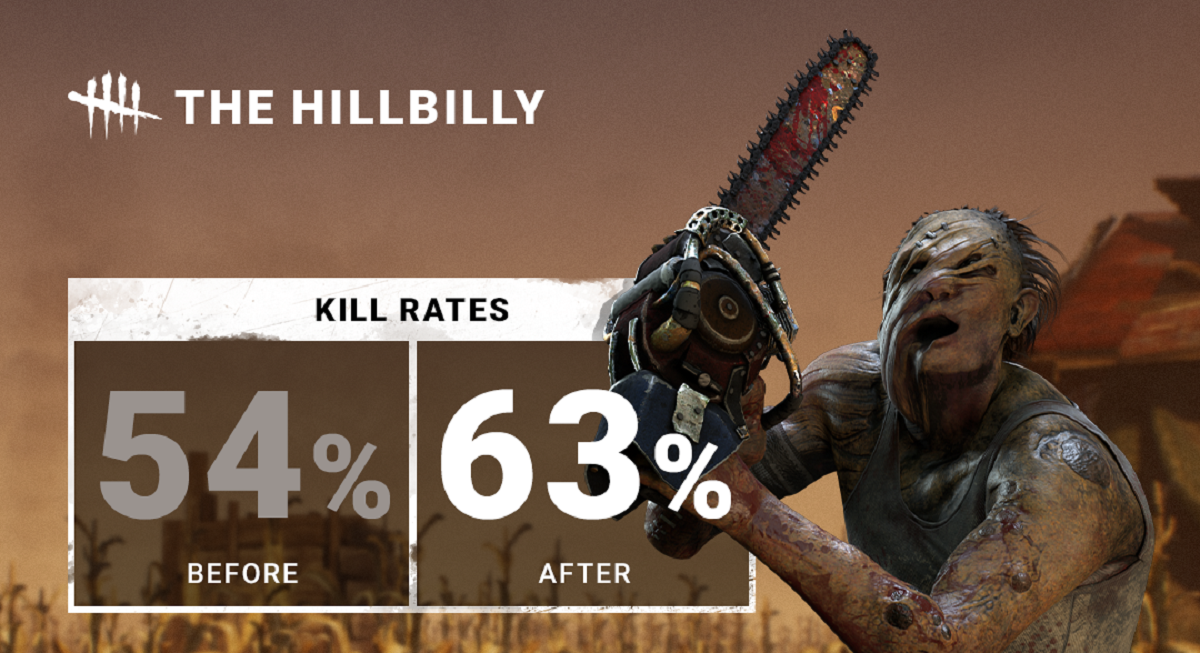Up, up, down, down, left, right, left, right, B, A, Start. Gamers among us perhaps know that series of inputs as the Konami Code. The Konami Code is, arguably, the most popular cheat code in gaming history, giving the player 30 extra lives to start a new game of Contra. G4 aired a cheat code based TV show, which explored all the ways a game could be manipulated to the player’s advantage. In short, cheating make up an important, almost essential, part of the gaming experience.
In planning this article, I realized that I hadn’t given much thought to the ethics of cheating. So, I tracked down an article in which the author (Feross Aboukhadijeh) tried to argue that cheating in itself is a good thing. Cheating, he says, occasions innovation. Cheaters are creatively expressing themselves in spite of the perimeters set by the gamers. In this respect, one might say cheating is like art: defiant, deviant, expressive, and subjective.

But, as one writer put it, “Art, like morality, consists of drawing the line somewhere.” In this article I want to draw some lines. I will assess and evaluate this author’s argument for cheating, concluding his argument is no good as it is.
First, a definition. The author does not provide a definition of cheating. So, I will posit one. Cheating is willful manipulation of data or code to the player’s advantage. Usually, when gamers cheat, they do so with intent. They mean to get thirty extra lives, enter God mode, debug the game, and so on. So, though it may not encompass all possible instances of cheating, the above definition will suffice for this article.
Given this definition, does cheating occasion innovation? Sure. Suppose a child stumbled across a fresh pack of building blocks, all arranged in alphabetical order. The child rips open the package and shakes it about. The blocks fly all over the place, creating a mess of blocks no longer in their packaged order. Having accessed the blocks, the child is now free to do what he wishes with them. He can throw them, spell with them, chew on them, sit on them, and so on. Aboukhadijeh, I think, wants to argue that cheating is like the child playing with the blocks: full of creative potential, even if that potential extends beyond the intent of the blocks themselves.

But does innovation justify cheating? Aboukhadijeh wants to say yes, I think, but, searching his article, I don’t see why. Perhaps I’m missing something, but his argument seems to say that cheating is good, because it’s creative expression, and that’s good”¦So, cheating is good. But reasoning from creative expression strikes me as very, very weak. I draw a line here, because creative expression lives within limits. It’s not in pushing lines but in drawing within them. There is freedom in submission to rules, enslavement in breaking them. So, the argument strikes me as unsound.
Therefore, if creative expression is not grounds for cheating, then curiosity isn’t either. By ‘curiosity’, I mean a selfish appetite for knowledge or some power outside some individual or community’s pool of knowledge. Some things are just not meant for players to play with. Perhaps gamers weren’t supposed to beat some games with unlimited health, unlimited ammo, and with all the unlockables at the start of the game. Perhaps a brand new WoW player isn’t supposed to be able to wear level 70 armor at level 7. So long as those things are possible, Aboukhadijeh’s argument needs some work.

Of course, I haven’t covered everything. All I intended to show in this article is that Aboukhadijeh’s argument is neither sound nor valid. It might be true that creative expression is best understood as working within limits rather than going beyond them. So long as that might be true, Aboukhadijeh’s argument fails.
What do you think, reader? Is cheating immoral? Do you buy Aboukhadijeh’s argument? My counterpoint? Neither? Let us know in the comments below!







